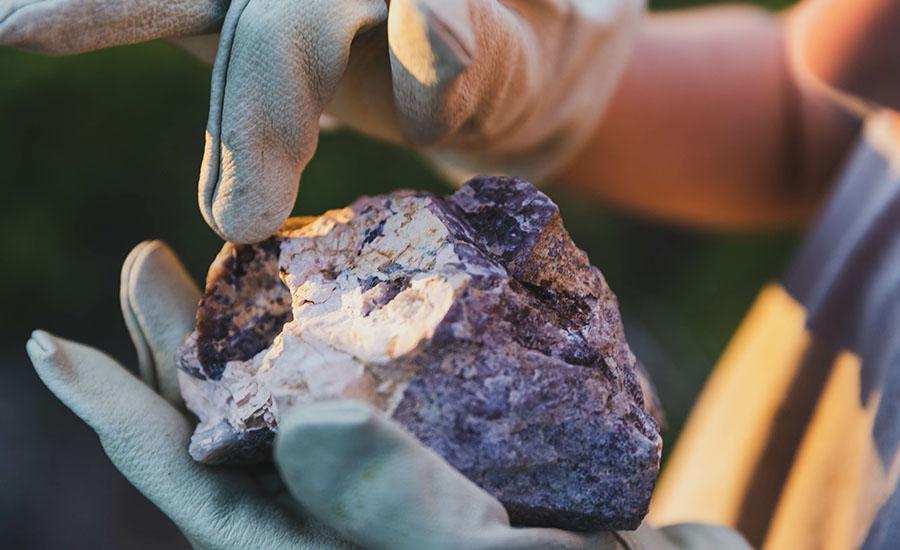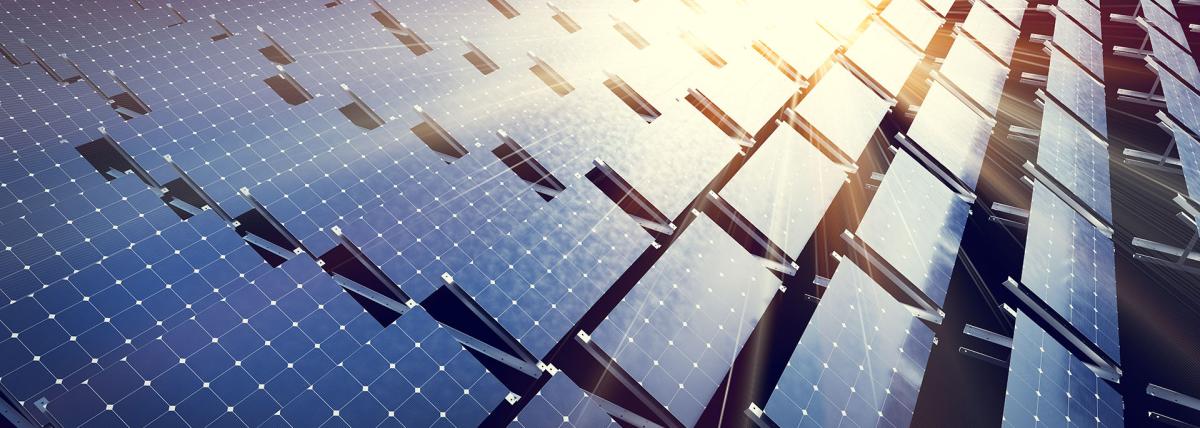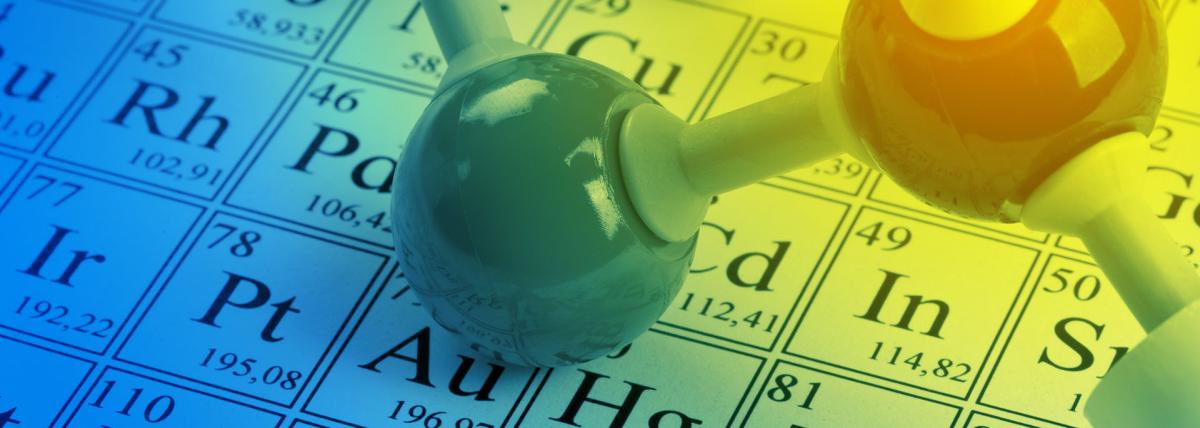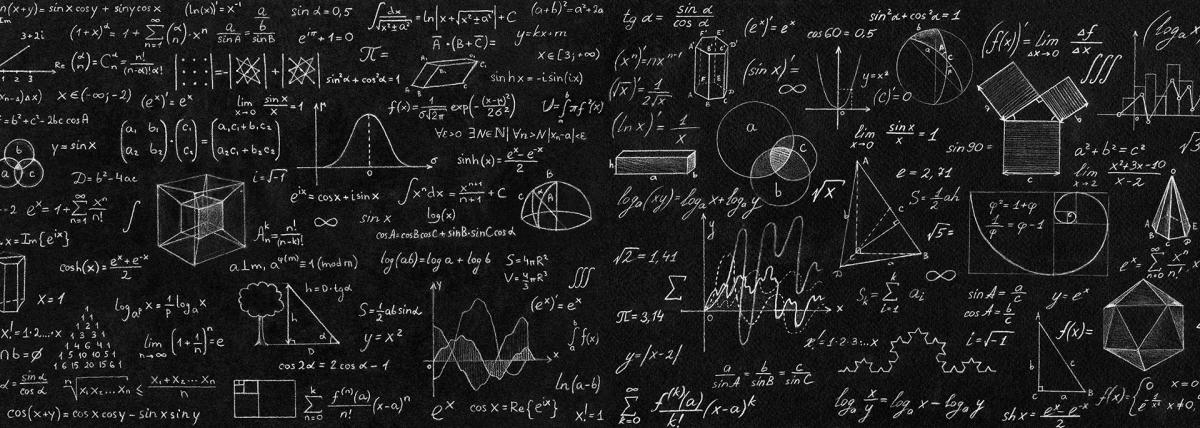
Students will research an inventor and their invention. They will explain/present the impact this invention has had on our society. They will think of ways to improve the invention and develop a

Students will research an inventor and their invention. They will explain/present the impact this invention has had on our society. They will think of ways to improve the invention and develop a

Growing Crystals Part 2 is a unique lesson that has an emphasis on the synthetic growing of crystals in the laboratory. This activity also focuses on investigating the process of how synthetic

GROWING CRYSTALS PART 1, A lesson that focuses on the different types of formation of crystalline solid, its properties and the attractive forces responsible to it during chemical bonding. It is

Students will use solar panels to transfer solar energy to a fountain. Students will be able to explore and demonstrate the functioning of a solar energy fountain.

Students will use solar panels to convert solar energy into electricity. This solar energy is transmitted through cables to the motor and then to the fountain. The fountain pressure increases and

What if we could pass along information that can’t be stolen or intercepted? We can do it with a little coding, and some chemistry! Soon we will be writing in code, passing secret information along

Students will be learning about adaptation. Students will participate in a project where they will see if seeds can grow in a bag without soil and natural sunlight. They will also compare and contrast

Students will investigate the difference between amplitude and frequency to see which one transfers more energy. Students will collect data, graph their data, and complete a written conclusion.

This lesson, adapted from NOAA, focuses on tides. Students pretend to be a ship captain delivering materials to a construction company. However, their ship must go under a bridge. Students must find